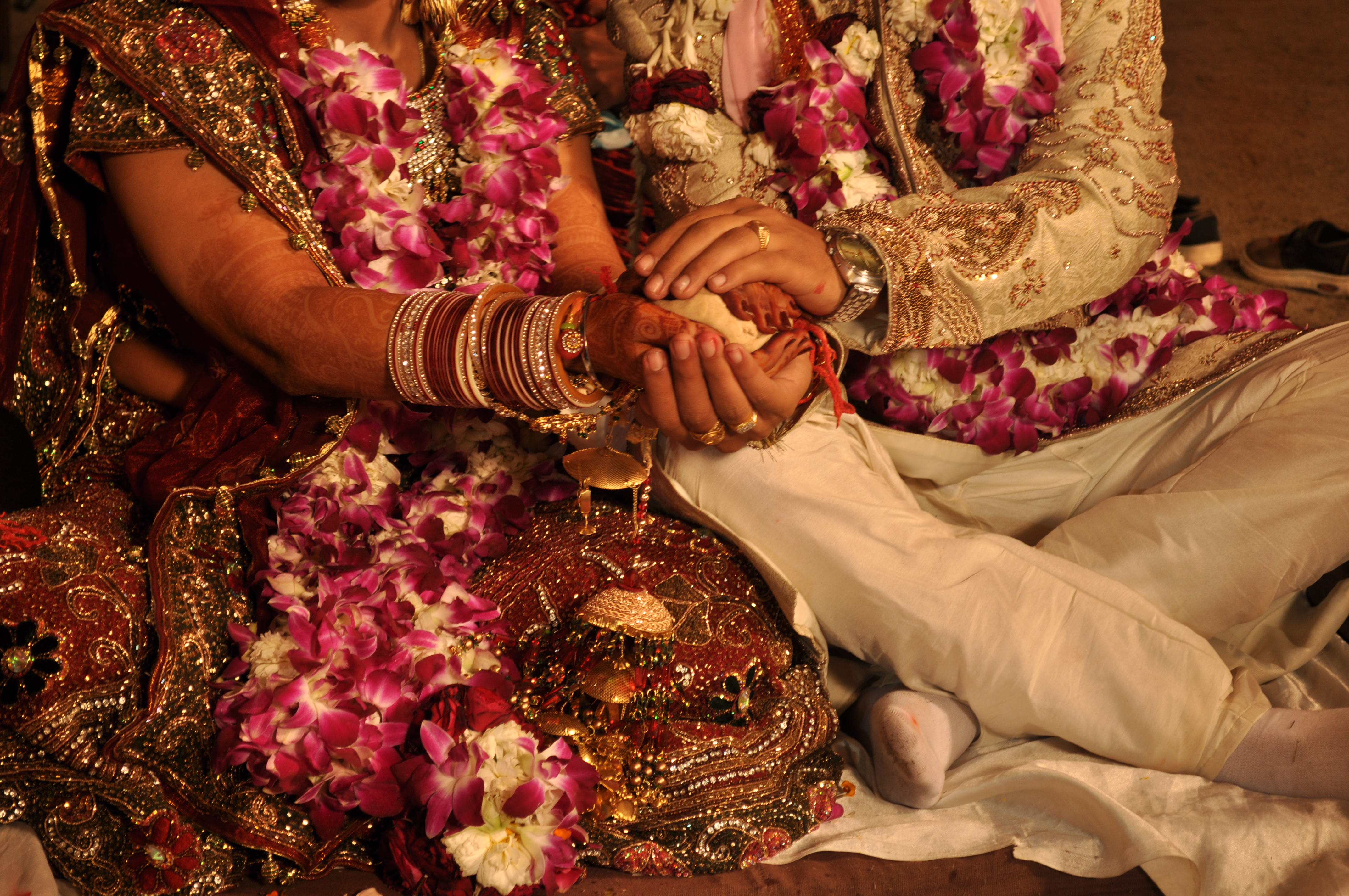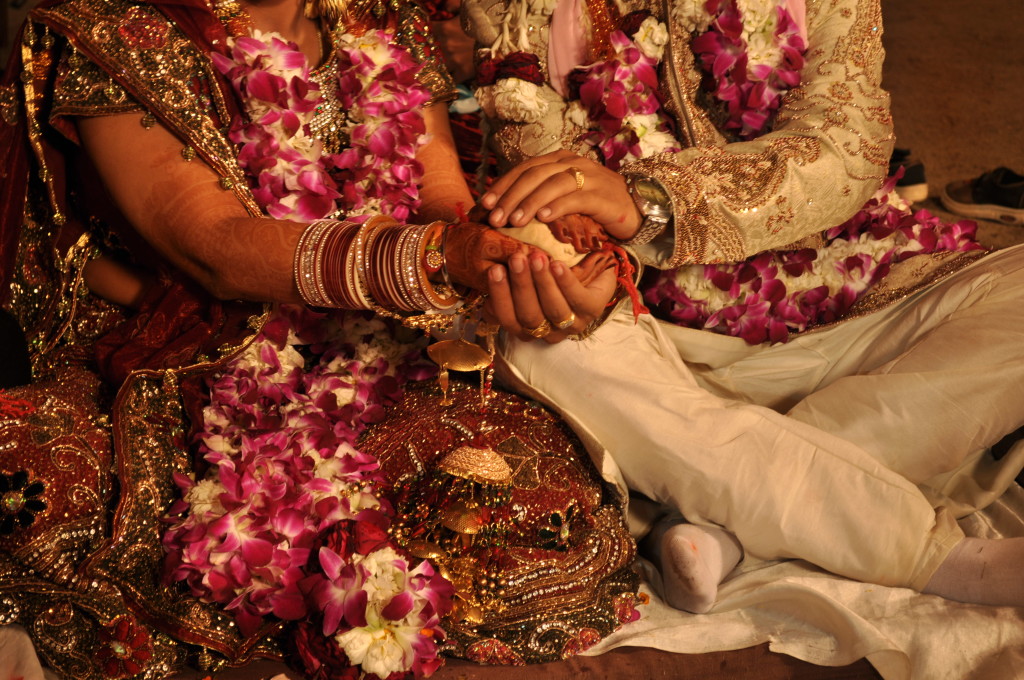This article is written by Shashank Sharma, a student of UPES, Dehradun
There are some moments in a man’s life that are truly special. He works hard and saves his money for years just to spend it all for that special moment. The question that arises here is a simple one- ‘If someone wishes to spend his hard earned money in a specific way, why should the state try to stop him?’ Indeed, where is the line that separates the state’s intervention fo?
The Kerala State Women’s Commission has recently proposed that marriage expenses should be capped so that unnecessary and wasteful expenditure can be curbed marriages. At first glance, it seems like a very noble cause and an effective idea to prohibit wasteful expenditure and reduce social pressure on people who can’t afford to spend so much.
Upon further analysis, the state is not actually infringing upon a person’s right to marriage. Even today in India, a second marriage or remarriage is still frowned upon by society and a person plans and waits a lot for this and in such a scenario if a person who earn well want to spend money on his wedding how can the state question him or ask him to cut down his expenses. Even if we assume that the cause is a good one, spreading awareness about the issue would be a better way to achieve this goal, as opposed to legislation. With legislation, the state infringes upon the individual’s rights, whereas with sensitization, the individual makes an informed choice.
Article 21 of our constitution gives us the fundamental right to live and with personal liberty. This right is not limited to just life,it extends to the right to live with dignity and freedom. The reason why some rights were deemed to be fundamental was to ensure that these rights are protected, especially from infringement by the state. Does the Women Commission’s recommendation not violate this right? How can the state mandate that a person not spend money because it is ‘not suitable for other people in society’ who can’t afford this luxury? The commission’s proposed limit of 5 lakh rupees for marriage expenses, and 80 grams of jewellery , Rs. 10,000 on bridal wear , 5,000 on the groom’s clothing, and lastly a per plate cost of Rs 100. If you don’t comply with these limits, you will be penalize with 25% of the total expenditure.
The wedding industry is opposing this recommendation on the ground that this law if passes will be great job-killer. Meanwhile, social activists are divided on whether this policy will yield any results at all. A Dubai based businessmen says that “this is a great initiative but should not be followed by some arbitrary or dismissive laws instead by spreading awareness”. He further added that,“The ceilings suggested for gold ornaments betray a sense of high moral posturing that even the members of the commission may be incapable of practicing”.
KT George, the owner of a posh convention Centre in Thiruvananthapuram, says that he will be forced to lay off at least 25 permanent workers if a limit is fixed on the rent of the hall that currently stands at Rs 1.5 lakh. It will affect another 100 workers since the 2,500-seater hall that he built at a cost of Rs 10 crore survives solely on weddings.
George, a former NRI, points out that a previous attempt by the government to impose a cess on wedding halls has failed. The High Court struck down that order as it was unconstitutional and ordered a refund of the cess collected from wedding hall owners.
A study by the Kerala Sastra Sahitya Parishad in 2006 revealed that Keralites were spending about 15% of the family income on weddings.
How can Kerela, a state with a weak industrial base, afford the level of unemployment if this law is implemented?
Kerela is a state that claims a 90% literacy rate and yet is among the worst states in term of employment rate. As such, Kerala can’t afford to implement a law which creates unemployment for a marginal social benefit.
People of India are progressing and living in a country with one of the highest developing rate they earn money to spend and marriage is a kind of affairs on which everyone has their own dreams and wishes although despite that the negatives of a marriage like dowry should never be accepted but if a person wishes to spend on his wedding and make it a memorable day for the rest of his life. There is definitely no reason and right the state possess to stop him and make him have a below standard wedding just because it does not go with the common strata of the society or everyone can’t afford it.
 Serato DJ Crack 2025Serato DJ PRO Crack
Serato DJ Crack 2025Serato DJ PRO Crack









 Allow notifications
Allow notifications


